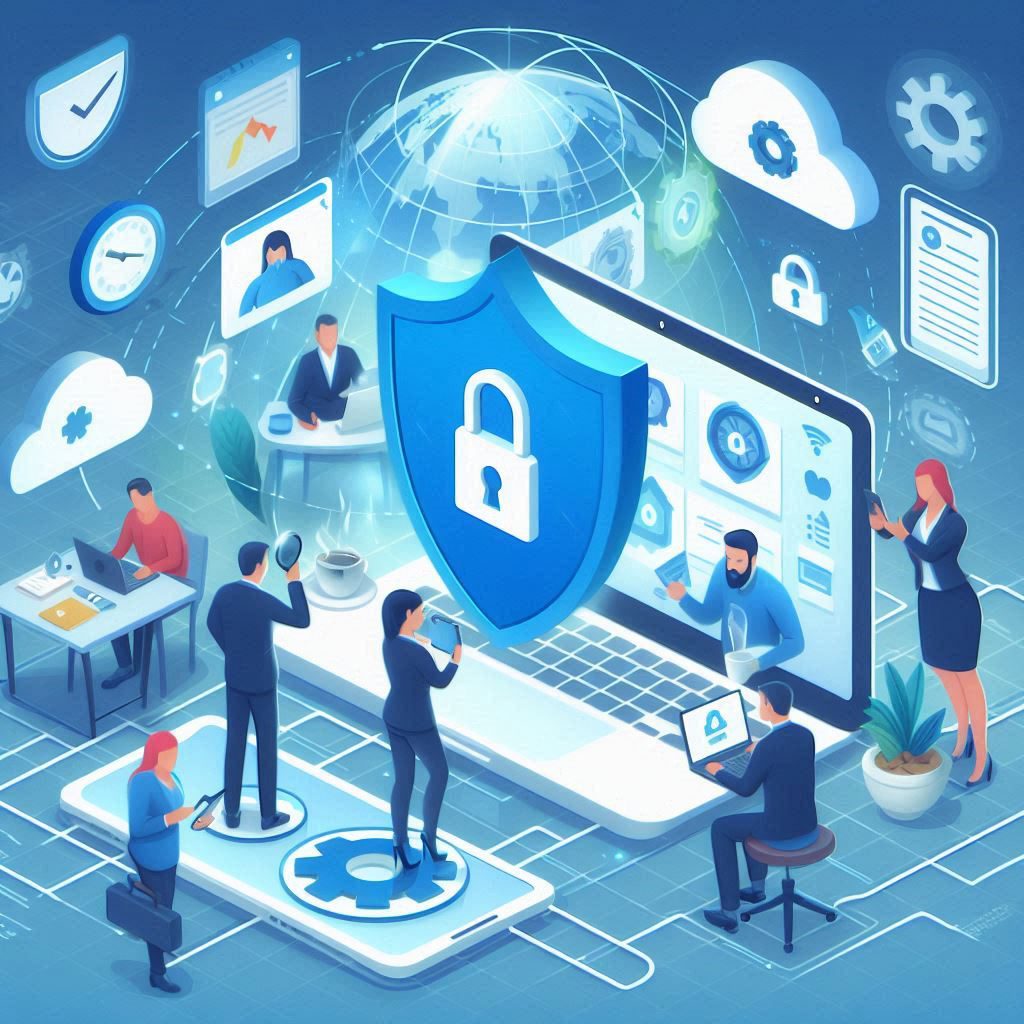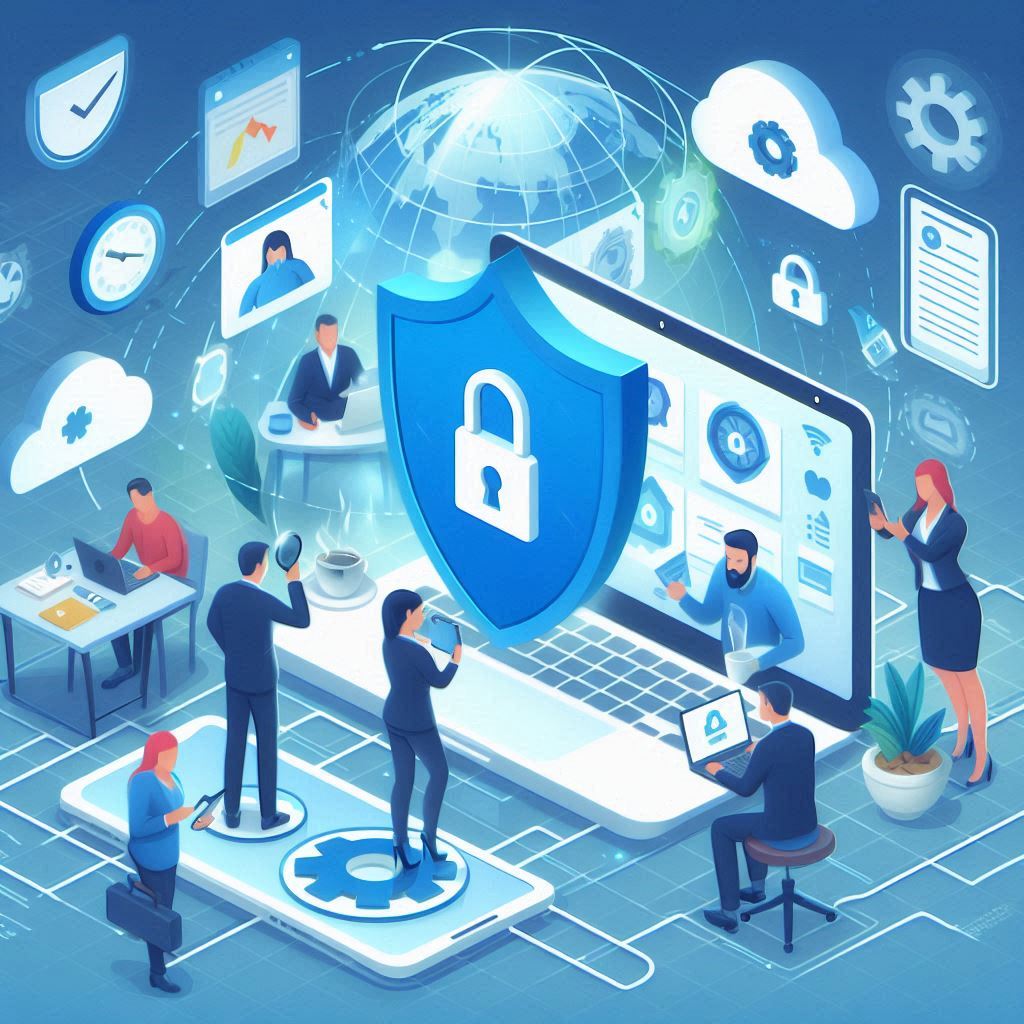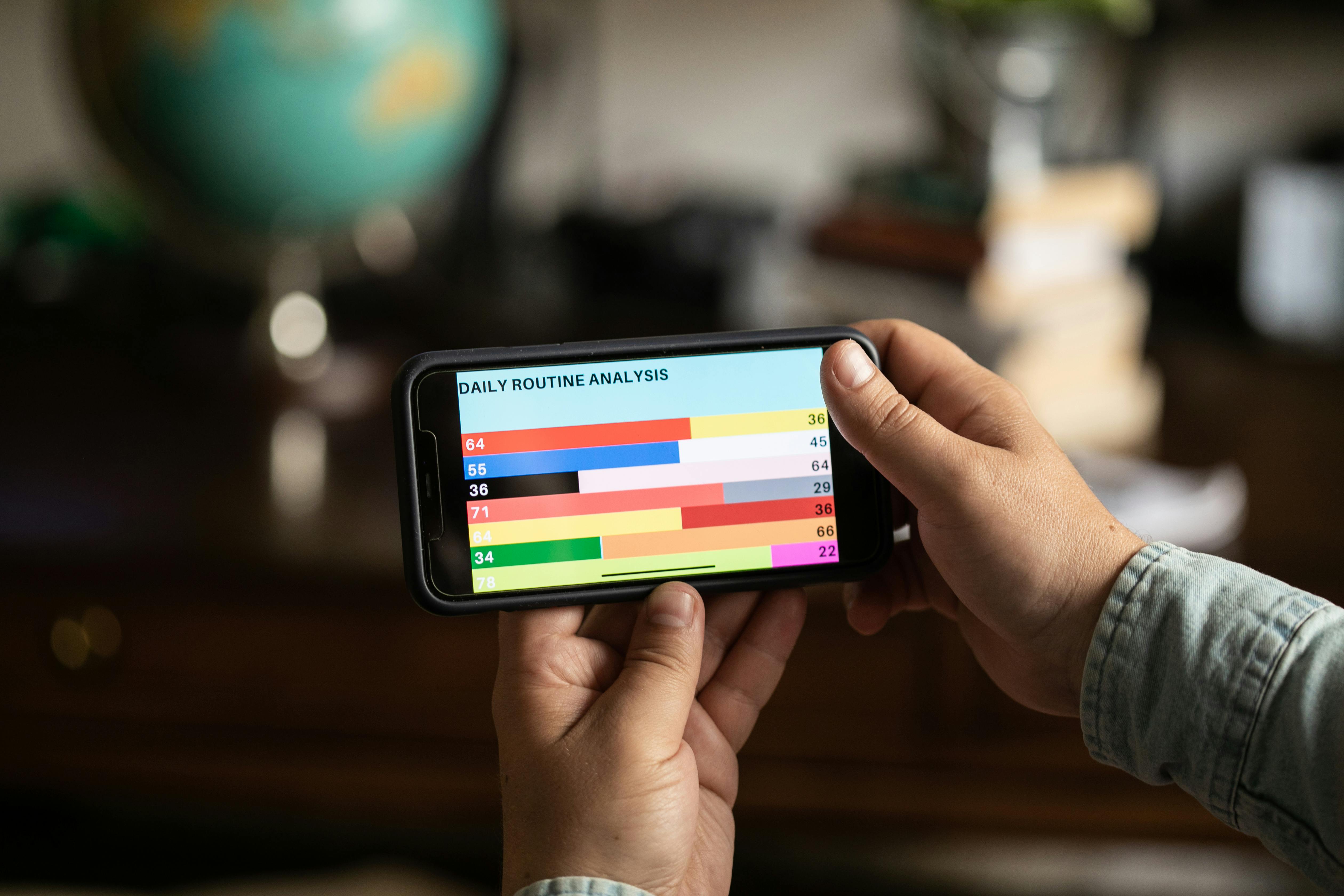How VPNs Enhance Security and Productivity for Remote Teams in 2025
In the modern age of remote work, businesses and HR departments are constantly seeking ways to optimize their workforce management and stay ahead of the competition. As remote work becomes more common, integrating Virtual Private Networks (VPNs) into the workplace environment is critical for enhancing security, protecting employee privacy, and ensuring smooth business operations.
A solid marketing strategy is thus imperative. However, integrating a Virtual Private Network (VPN) into your brand strategy is becoming more critical with the increase in online threats and the resultant clamor for safe data. This article will explore how using a VPN can benefit remote work, improve team productivity, and strengthen security protocols for HR departments managing remote teams.
Strengthening Security in Remote Work
Remote work involves the transmission of vast amounts of sensitive information, from employee data to proprietary business insights. This data is invaluable but also highly vulnerable to cyber threats, especially when employees work from unsecured locations or public Wi-Fi. Implementing a VPN encrypts your internet connection, making it impossible for cybercriminals to intercept confidential information.
For HR professionals, the need to protect sensitive employee information, such as payroll data, performance reviews, and personal information, is paramount. 1Click VPN offers a reliable way to ensure internet traffic encryption that secures digital assets for your brand. An online presence secures you by enabling you to focus solely on executing your promotional plan without the weight of insecurity woes. This protection is especially crucial for remote employees working outside the office, as it minimizes the risk of data breaches and unauthorized access.
As the threat landscape evolves, businesses must implement strict security protocols. A VPN serves as an additional layer of protection, keeping HR teams focused on managing employee performance and welfare without worrying about security vulnerabilities.

Expanding Global Hiring Opportunities
Remote work has opened up new opportunities for companies to hire talent globally. However, managing teams in different regions comes with its own challenges, including geo-restrictions and access to region-specific resources. A VPN allows HR professionals to bypass these restrictions by masking their IP addresses, enabling seamless access to resources worldwide.
For HR teams, this ability can be essential when conducting global talent searches, evaluating region-specific labor laws, and understanding the cultural nuances of potential hires. Additionally, VPNs allow for smoother onboarding processes, as HR teams can access the necessary platforms and tools from any location to support new employees in different time zones.
This global approach can give businesses a competitive edge, ensuring they attract top talent from various regions without facing geographical limitations.
Enhancing Remote Team Productivity
One of the biggest concerns with remote work is maintaining high levels of productivity. VPNs can help HR departments monitor remote workers’ productivity by providing secure access to performance-tracking tools and communication platforms. With remote work becoming the norm, ensuring secure access to cloud-based productivity tools like project management software and communication channels is critical for HR.
VPNs allow employees to access company resources from anywhere in the world, ensuring smooth communication and collaboration. This access allows HR teams to oversee remote employees’ performance, organize virtual meetings, and ensure that workers remain engaged and productive, regardless of their physical location.
Protecting Employee Privacy and Ensuring Compliance
Employee privacy is a top concern for HR departments, especially with the implementation of strict data privacy regulations like GDPR. Ensuring compliance with these regulations is crucial to avoid legal repercussions and maintain employee trust. VPNs ensure that all employee data is securely encrypted, safeguarding personal information and confidential communications.
For HR professionals managing cross-border teams, VPNs provide the necessary security for handling sensitive data, ensuring compliance with international data protection laws. This is particularly important for companies operating in multiple regions with varying regulations on employee data privacy. By using a VPN, HR departments can confidently navigate the complexities of global data management, ensuring secure and compliant practices.
Protecting the Company’s Reputation
The reputation of a company is one of its most valuable assets, and a data breach can severely damage both the brand and employee trust. A VPN plays a critical role in protecting a company’s online activities, including confidential HR processes such as payroll, hiring, and performance reviews.
For HR professionals, ensuring secure communications with remote teams and protecting sensitive information from potential cyber threats is crucial. VPNs offer secure communication channels that allow HR teams to conduct virtual meetings, handle sensitive employee issues, and manage performance reviews without the risk of data leakage. By maintaining strong data protection practices, businesses can safeguard their reputations and foster employee trust in remote work environments.
Supporting HR in Managing Remote Teams
With the rise of remote work, HR departments are required to manage teams in new ways. VPNs enable HR professionals to securely access essential tools, track employee performance, and ensure smooth communication between remote employees and management. Additionally, VPNs allow HR to implement remote onboarding processes efficiently, ensuring new employees receive access to company resources, training materials, and communication platforms from day one.
HR departments can also use VPNs to collaborate with other teams globally, manage remote work policies, and monitor compliance with internal guidelines, ensuring that remote teams are well-supported and connected to the broader organizational goals.
In a future a DAO (Decentralized Autonomous Organization) for remote work empowers globally distributed teams to self-manage projects and decision-making processes through blockchain technology, fostering transparency, collaboration, and decentralized governance without the need for traditional hierarchical management.
Conclusion
Incorporating a VPN into your remote work strategy is a wise decision for HR departments managing remote teams. VPNs enhance security, protect employee privacy, and enable global workforce management, allowing HR professionals to focus on building a productive, engaged, and secure remote workforce.
As remote work continues to evolve, ensuring that your HR strategies align with technological advances like VPNs is critical for protecting your company’s reputation, maintaining compliance with privacy regulations, and enhancing employee satisfaction and productivity. For more insights on the future of cybersecurity and its impact on digital strategies, refer to this Forbes article.









